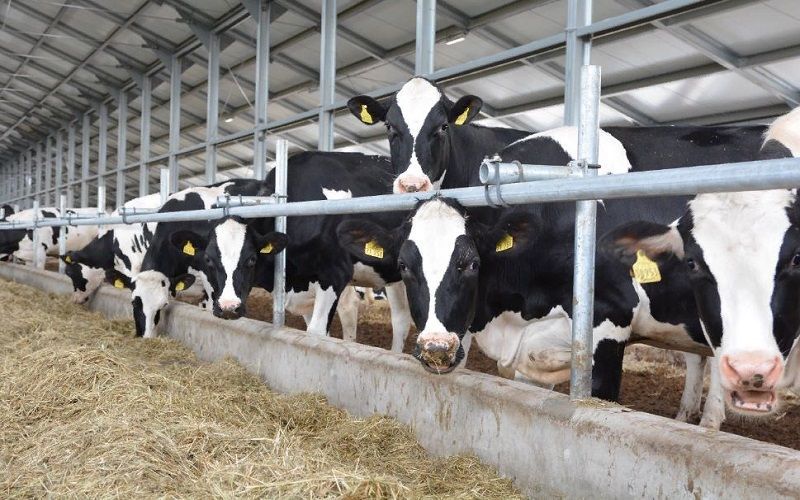Calls for FAO to retract emissions report due to to errors downplaying impact of reducing dairy and meat consumption

The report, published at COP28 in December, claims that shifting to diets lower in meat and dairy has limited potential to reduce emissions. Instead, it advocates for methods such as the intensification of livestock production, largely based on two papers co-authored by academics Dr. Paul Behrens and Dr. Matthew Hayek. However, Behrens and Hayek have expressed their dismay over the report, stating it "seriously distorts" their research and "systematically underestimates" the emissions reduction potential of diets lower in animal products. They are calling for the report to be retracted and reissued using more appropriate sources and methods.
Errors in the report include double counting meat emissions to 2050, mixing baseline years, and including emissions from plant-based foods unrelated to substituting meat and dairy. Additionally, the FAO relies on outdated nutritional advice and ignores potential carbon sequestration from land freed by reducing animal product consumption.
The joint letter, coordinated by Feedback Global and signed by organizations such as Greenpeace, Changing Markets Foundation, Friends of the Earth US, and Rainforest Action Network, calls for a comprehensive investigation into how these serious errors and systemic biases were allowed. The letter also recommends delaying the FAO’s 2050 Roadmap until the organization adopts more robust, inclusive, and transparent processes.
Concerns have been raised that the FAO’s actions may be influenced by lobbying from livestock-producing companies and countries. Last year, former FAO staff accused the organization of ostracizing them and censoring their work after highlighting the potential benefits of reducing meat and dairy consumption.
Martin Bowman, Senior Policy and Campaigns Manager at Feedback, stated, “The FAO has made serious and embarrassing errors in its Pathways report. These mistakes are a stain on the FAO’s reputation unless rectified. The FAO must restore its integrity by immediately retracting the flawed Pathways report and reissuing it with mistakes rectified, following engagement with academic experts and civil society.”










